Traveling solo can be an adventure of a lifetime, but the world has changed since the pandemic. With health emergencies being at the forefront of our minds, it is important to take extra precautions to ensure your personal health and safety. Here are some tips to help you stay safe, healthy, and worry-free during your solo travels.
Research your destination
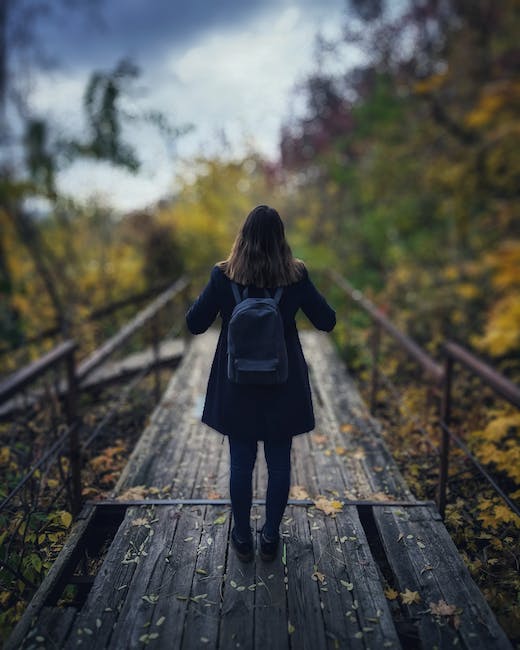
It’s always recommended to research your destination before booking a trip, but it’s even more important now. Check the travel advisories and health notices from credible sources like the Center for Disease Control (CDC) or the World Health Organization (WHO); these sources provide useful information that can help you make informed decisions about whether it is safe to travel. Learn about local health facilities, including hospitals and clinics, so you know where to go if you need care during your trip. Make a list of emergency contacts, including ambulance services and emergency hotlines, and save them to your phone or write them down in case you need assistance. Researching in advance can help you prepare for your trip and avoid any unwanted surprises.
Stay informed about the situation

Staying informed about the situation at your destination is crucial, as restrictions and policies can change quickly. Follow credible news sources, including local news and the WHO, to stay up to date about the evolving situation at your destination. Additionally, follow any relevant social media accounts to stay informed with real-time updates. This will help you make informed decisions about whether it is safe to travel, and what precautions you need to take once you arrive.
Pack essential items
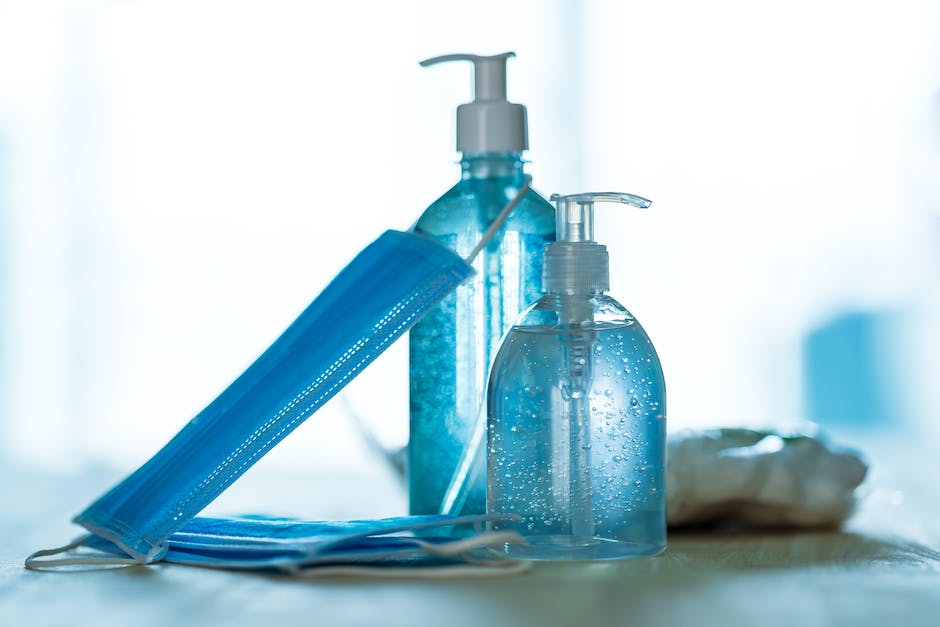
When packing for your trip, make sure to bring essential health items like face masks, hand sanitizer, disinfectant wipes, and gloves. These items can help you stay safe and healthy while on the go. It’s also a good idea to bring any medications or medical supplies you might need. Keep in mind, some countries require specific documentation, such as a negative COVID-19 test, so make sure to review any requirements in advance and pack accordingly.
Be mindful of social distancing
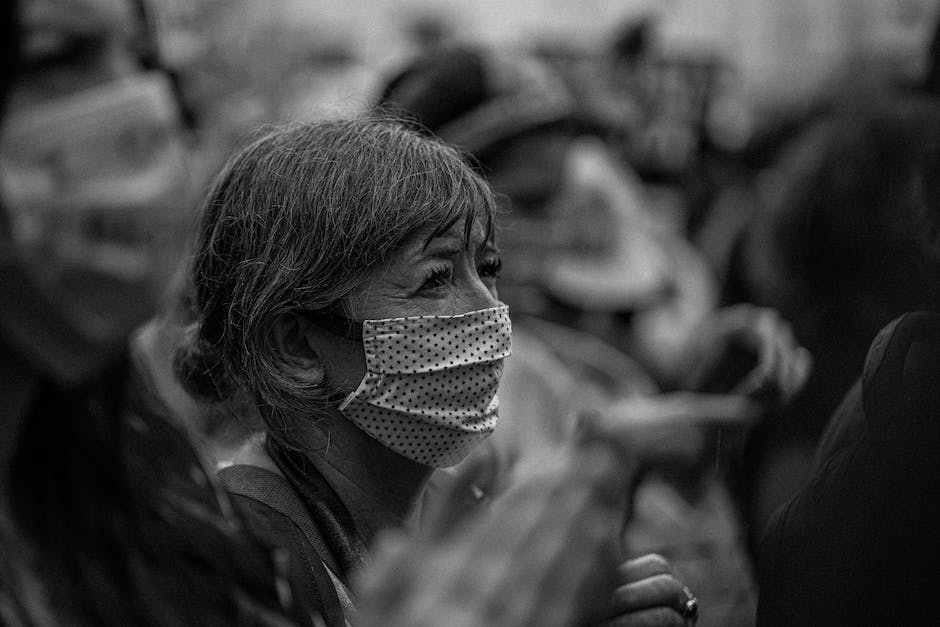
Social distancing remains a fundamental part of preventing the spread of the coronavirus. Even if you are solo traveling, follow social distancing guidelines, and keep a safe distance from others. Avoid crowded places, and consider using contactless payment systems. Opt for outdoor activities and avoid sharing food and drinks with others. Adding to this, wearing masks and avoiding unnecessary contact can help prevent exposure to the virus and stay healthy.
Choose safe accommodation options

When booking accommodation, prioritize safety and cleanliness. It is recommended to research accommodation providers’ health protocols and cleaning procedures, and consider options that have implemented enhanced protocols to protect the safety of guests and employees. Private rooms are preferred to minimize contact with others, and it is also essential to stay in accommodations that have implemented advanced cleaning procedures regularly.
Plan in advance
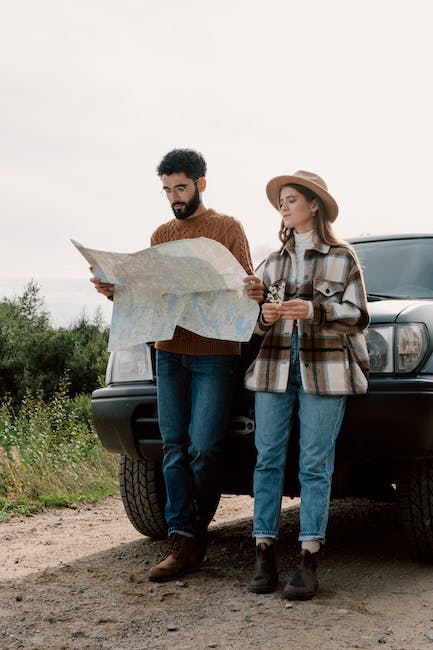
Planning your itinerary in advance is more important now than ever before. Avoid busy places by planning your activities, and limit exposure to others. When booking tours or activities, make sure they are following the safety guidelines, such as avoiding overcrowding, social distancing policies, and sanitization protocols.
Be prepared for emergencies
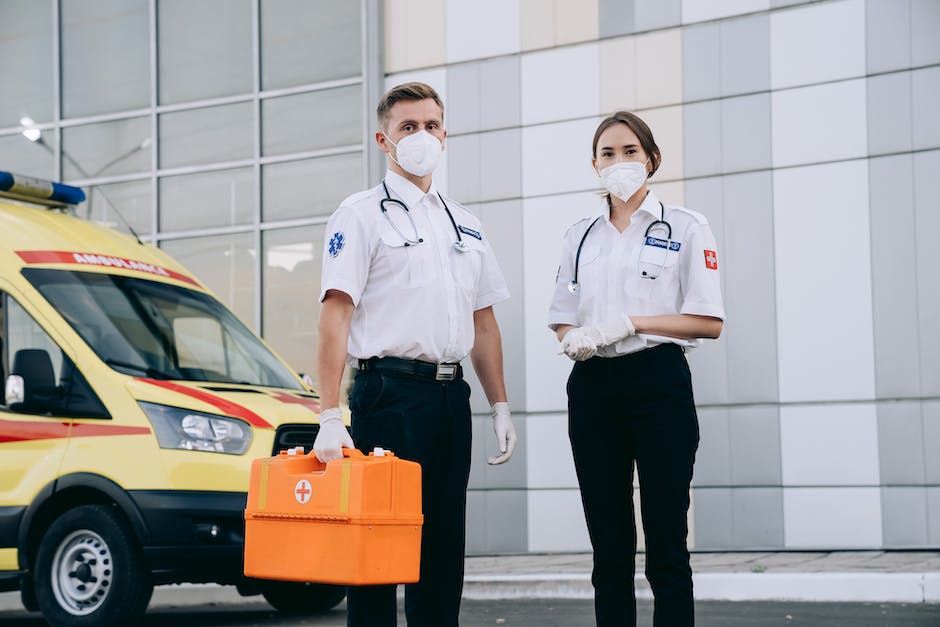
No one can predict emergencies, so it is essential to be prepared for any situation. Always carry a first aid kit with essentials like painkillers, band-aids, and antiseptics. Ensure you have travel insurance that covers health emergencies, and know what to do in case of an emergency. Check if your destination requires proof of a negative COVID-19 test, and pack the necessary test reports and medical documents.
Practice good hygiene
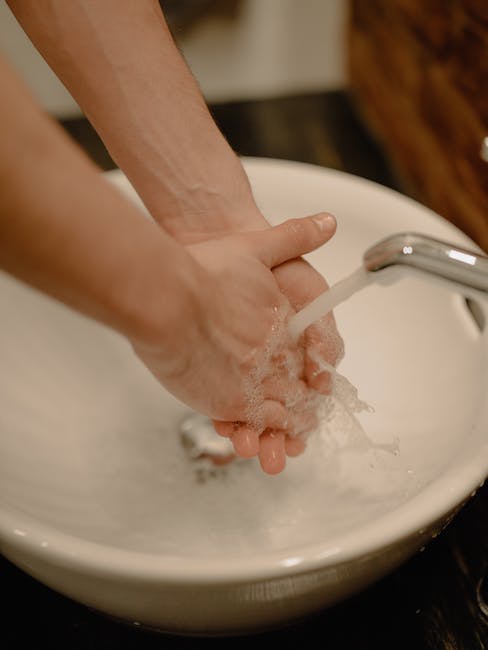
Hand hygiene and related practices can go far in preventing the spread of the virus. Carry hand sanitizers and hand wash and use them frequently. Avoid touching your face or mouth when in public spaces, and when using public restrooms, try to use touchless fixtures and be mindful of high-touch surfaces like door handles, faucets, and toilet flushes.
Stay connected with loved ones

Solo travel can be isolating at times, and it may take a toll on your emotional well-being. It is important to stay connected with loved ones, keep them informed about your itinerary and check-in with them regularly to share your experiences and feelings. Staying connected can act as a safety net in case of any unfavorable incident and can keep you from feeling lonely.
Enjoy your trip!

Solo travelers should enjoy their adventures to the fullest. Now, with proper planning and precautions, you can travel safely, reduce your exposure to health emergencies, and create unforgettable memories during your solo travels.

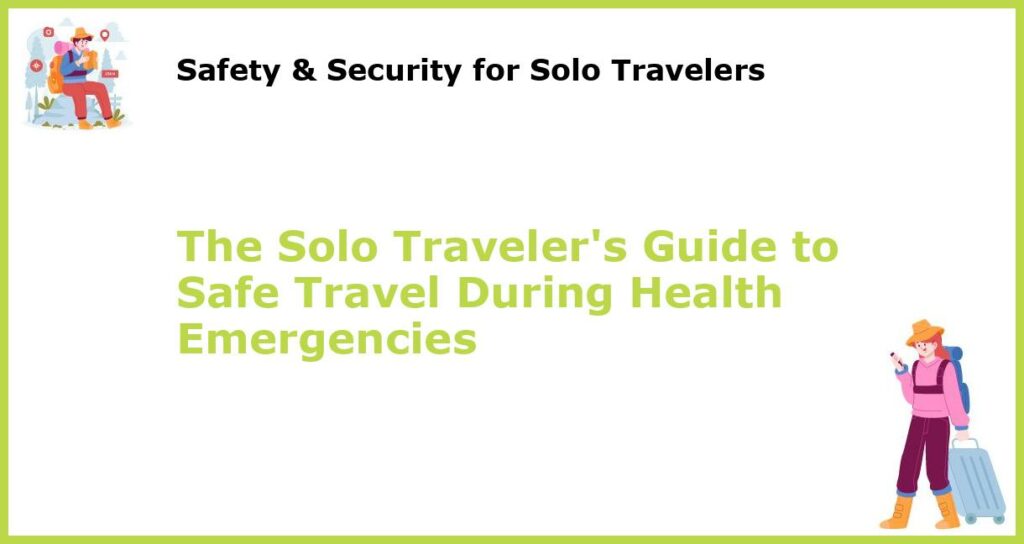






 You might also be interested in those articles related to solo traveling
You might also be interested in those articles related to solo traveling